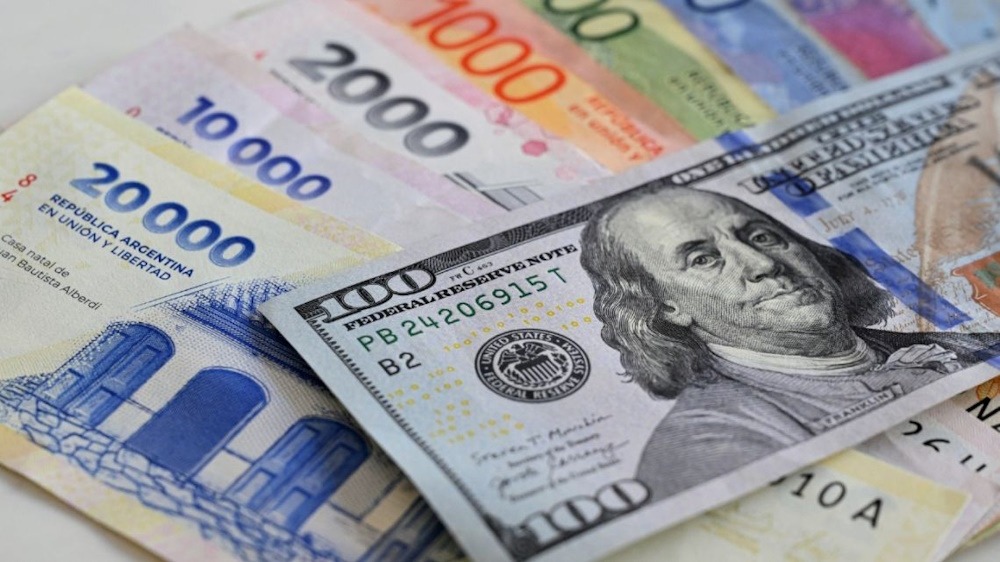Citigroup Inc sold Argentine pesos to the Federal Reserve on Thursday as part of US Treasury Secretary Scott Bessent’s extensive initiative to support the currency and the administration of Javier Milei, according to sources. The Federal Reserve functioned as a fiscal intermediary for the Treasury, according to the sources. Bessent’s Treasury is acquiring the troubled currency from or via banks as the two nations persist in discussions regarding the specifics of a US$20-billion swap line with the Treasury, which forms part of an extensive rescue package as Milei approaches midterm elections on October 26.
Reports says that banks including Citigroup, JPMorgan Chase, Goldman Sachs Group, and Bank of America are in discussions with the Treasury regarding US$20 billion in emergency loans to Argentina, secured by local assets. According to a source, Citigroup has engaged in transactions involving the sale of pesos to the Fed during previous trading sessions, including last week. Banco Santander SA has persistently engaged in purchasing pesos in Argentina’s local market on behalf of the Treasury, according to a source. The extent of transactions conducted by either institution remains ambiguous. Representatives from the Federal Reserve, the Treasury, US banking institutions, and Santander’s press office in Buenos Aires either refrained from commenting or did not provide immediate responses to inquiries for comment. The peso depreciated to a low of 1,424 per US dollar during the mid-session on Thursday, but experienced a recovery in the last thirty minutes of trading as dollars were made available in the local market at approximately 1,410 and 1,400, as reported by sources. The identity of the institutions that extended those offers remains ambiguous.
The actions taken by the Treasury are designed to address the ongoing demand for dollars from both savers and investors in the lead-up to the election. A significant number of Argentines hold the belief that an influx of US dollars will not prevent yet another difficult devaluation. Bessent has sought to challenge that perspective by intervening in the market to purchase the peso, labeling it as “undervalued,” and considering a strategy to increase Argentina’s rescue package to $40 billion through a private agreement with international banks. The transition of Argentines away from pesos commenced several months prior and has since intensified: They acquired a net US$18 billion in the five months leading up to August, equating to approximately US$400 per resident, as reported by Central Bank data.
Following a brief recovery during the week of September 22, when Bessent first expressed support, the peso continued its downward trajectory, depreciating against the dollar in the majority of sessions since September 29. This week, confidence in US backing was undermined when President Donald Trump indicated a potential withdrawal of support should Milei’s party fail to secure victories in the midterms. This marks a new stipulation following the libertarian candidates’ significant losses in last month’s crucial provincial elections. The loss heightened investors’ apprehensions regarding the potential stagnation of his free-market agenda following the legislative vote.

